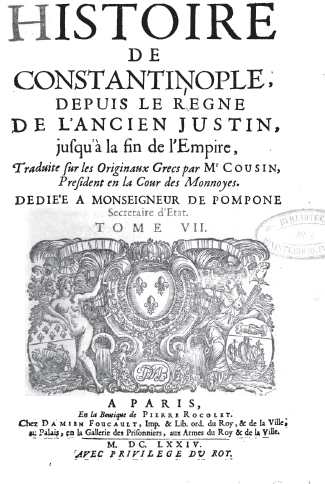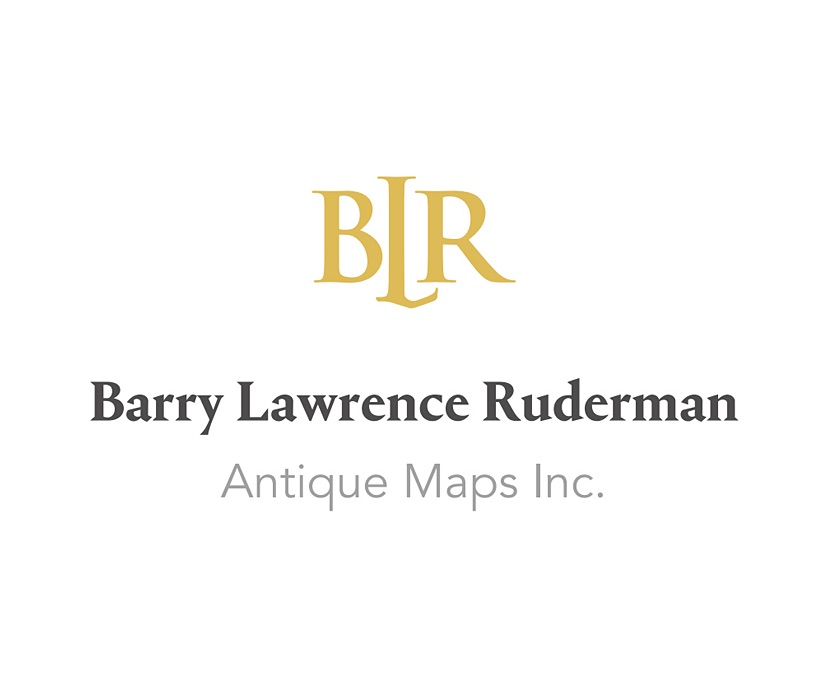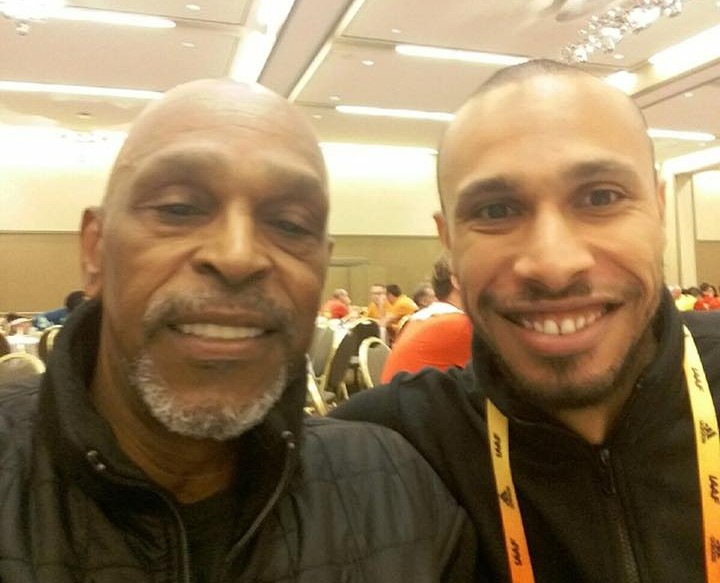Originally posted by Amphipolis
View Post
Official names were not what they were back then as what they are today. Plus, Florina wasn't even the Greek name for Lerin...Florina is Latin for "blooming flower."
Moreover, even your trusted source of Wikipedia says: "and in early Ottoman documents the forms Chlerina and Florina are both used with the latter becoming standard after the 17th century."
Three things to note, which I already mentioned: 1) both names were used interchangeably; 2) it wasn't until later in Ottoman rule that Florina became more predominant in the administration (as the Greek church and propaganda became more influential); and 3) the word Florina became standard, which is significant, but does not mean official.






Comment